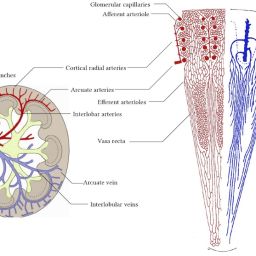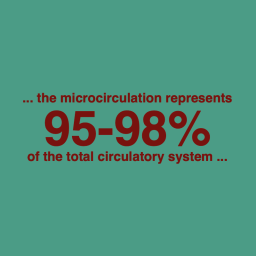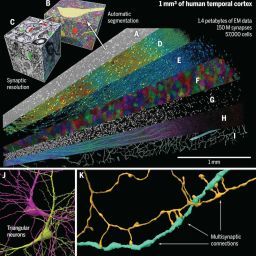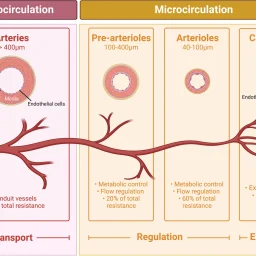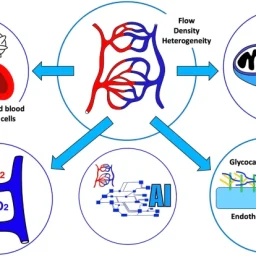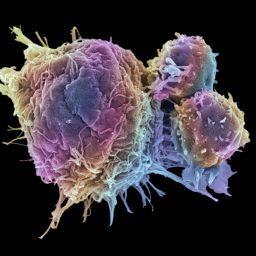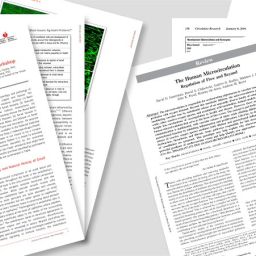
Vascular Dementia
Dementia is caused by diseases affecting the brain regions responsible for memory, learning, and language. Vascular dementia occurs due to reduced blood flow to the brain, which can damage brain cells.
Vascular dementia tends to worsen over time, but progression can sometimes be slowed with treatment and lifestyle adjustments.
Symptoms of Vascular Dementia
Vascular dementia may start suddenly or gradually. Common symptoms include:
- Slowness of thought
- Difficulty with planning and understanding
- Problems with concentration
- Mood, personality, or behavior changes
- Feeling disoriented or confused
- Difficulty walking and maintaining balance
- Memory and language problems, which can overlap with Alzheimer’s disease symptoms
These difficulties may impact daily life, sometimes requiring home care or nursing assistance. Many people with vascular dementia also show signs of Alzheimer’s disease.
Outlook for Vascular Dementia
The condition usually progresses over time, sometimes in sudden steps, making prediction difficult. Home-based help is often necessary, and nursing home care may eventually be required. Life expectancy can be shortened, though varies individually.
Support networks can help families and individuals manage symptoms and maintain quality of life:
Causes of Vascular Dementia
Vascular dementia results from reduced blood flow to the brain, which damages brain cells. Causes include:
- Narrowing/blockage of small blood vessels in the brain
- Single strokes that cut off blood supply
- Multiple ‘mini-strokes’ (transient ischaemic attacks)
Underlying risk factors may include high blood pressure, diabetes, smoking, and being overweight. Managing these factors may reduce risk.
Source: https://www2.hse.ie/conditions/vascular-dementia/
Related Articles
- The Role of Microcirculation in Brain Health
- Understanding Alzheimer’s Disease
- Living with Dementia: A Caregiver’s Guide
Physical Vascular Therapy in Practice – Scientific Evidence and Therapeutic Applications

